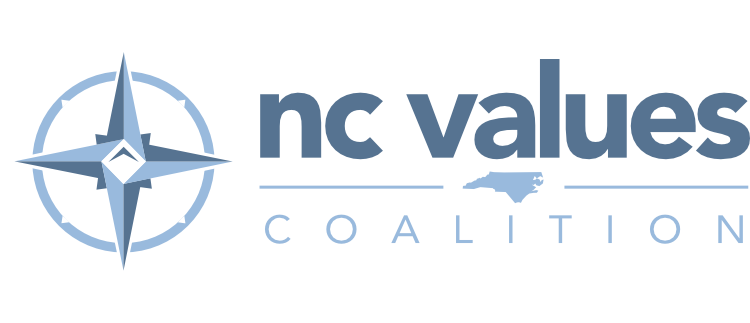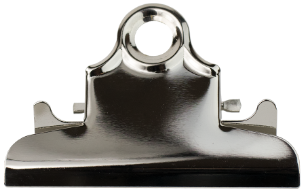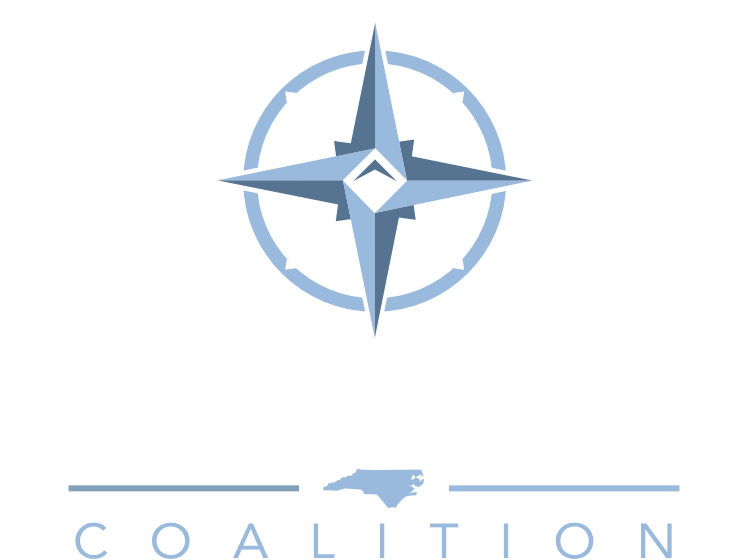Summary: Colorado’s anti-discrimination law prevented website designer Lorie Smith from designing websites for marriages between one man and one woman unless she provided the same services for same-sex couples. IFF supported her with arguments that the First Amendment not only protects expressive products—like a website—but also the personal services required to create them. The Supreme Court heard oral arguments on Monday, December 5, 2022, and in June 2023 the Court ruled in Lorie’s favor. This opinion will protect the freedom of creative professionals to perform their work in a manner consistent with conscience and faith.
Argument: Petitioner is a Christian website designer who respectfully serves many people, including the LGBT community, but she does not create messages that conflict with her faith. 303 Creative LLC v. Elenis, 6 F.4th 1160, 1170 (2021). The Colorado Anti- Discrimination Act, Colo. Rev. Stat. § 24-34-601(2)(a) (CADA) requires her to either violate her religious faith or face crippling penalties that threaten to shutter her business. Petitioner believes marriage is the union of one man and one woman, but CADA’s anti- discrimination provisions demand that she design websites for same-sex weddings if she offers services for opposite sex weddings. The First Amendment not only protects expressive products, like the websites Petitioner designs, but the personal services required to create them. Creative professionals who run a business in accordance with their deeply held faith and conscience do not engage in arbitrary, invidious discrimination when they decline to create messages that offend their convictions. This Court should grant the Petition and reverse the Tenth Circuit ruling to prevent the use of anti-discrimination law as a weapon to snuff out protected expression, and to clarify the compelled speech doctrine in the context of creative services.










